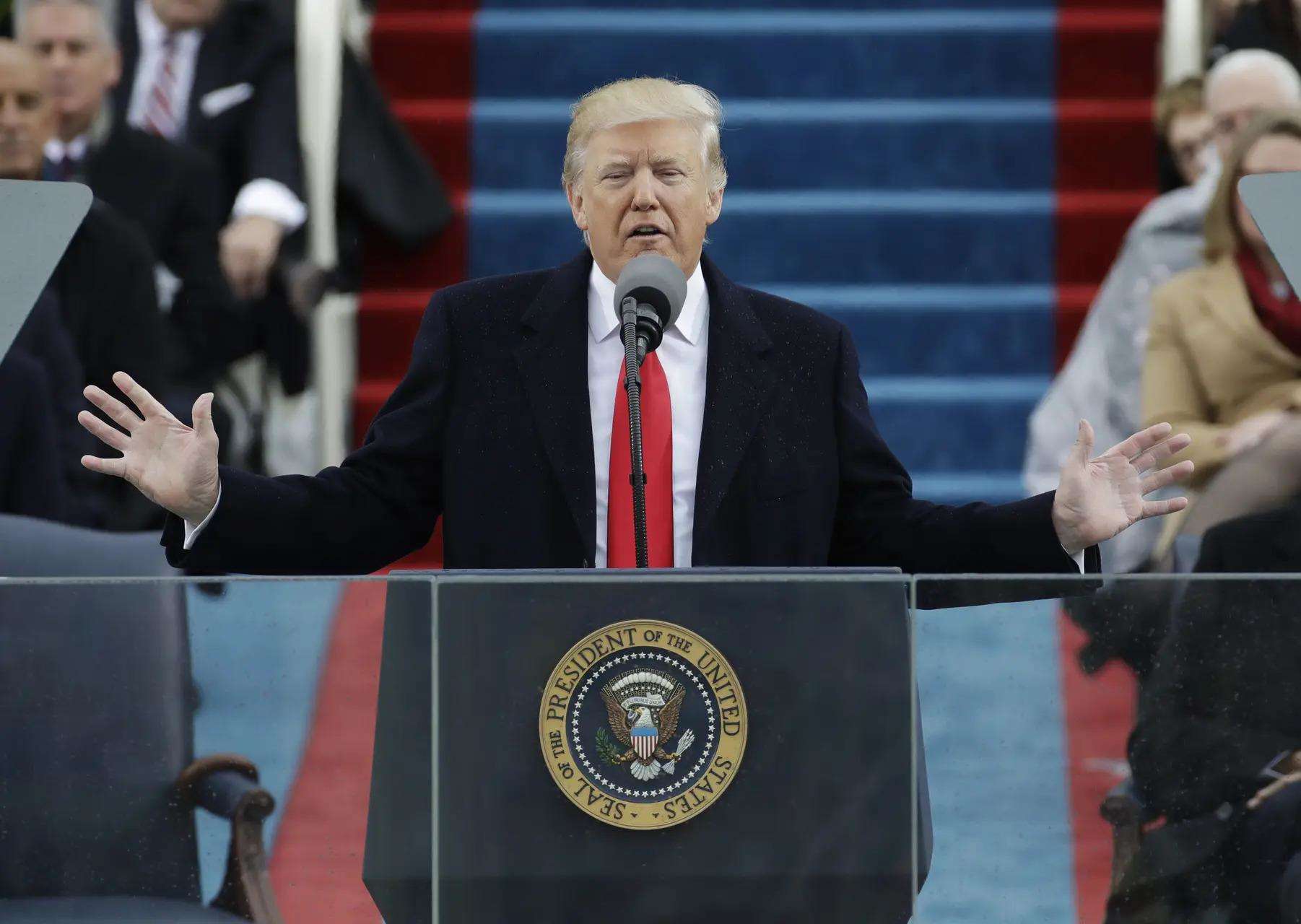Donald Trump and the New World Order

As Donald Trump returns to the White House, leaders around the world are bracing for an American president who has the potential to disrupt, or at least destabilize, the world order. They try to interpret Trump’s comments to predict his intentions on trade, alliances and other matters. Trump’s campaign promises on immigration, trade, climate change and taxes have often been interpreted as avoiding global issues. Trump gained popularity through a personal mass following, which begs the question of whether he has the ability to change history and build a different America in a different world. He publicly denounced America’s allies and, worse, its enemies. He even disparaged NATO alliance partners and argued that the United States has no value or advantage in international law, regulations, or organizations such as the United Nations, World Trade Organization, or climate summits. Whether Trump respects certain boundaries, both domestically and internationally, or becomes so convinced of his own strength that he ignores them, will indeed be crucial. The survival of the international order may depend largely on Trump’s decision to follow international norms and traditions.
Trump has been attacking China for years, saying that China is the source of various problems in the United States. He accused China of encroaching on America’s industrial heartland and lamented Washington’s huge trade deficit with Beijing. He insisted that China was responsible for the COVID-19 outbreak. At Trump’s rallies and press conferences, China is portrayed as a formidable enemy that only Trump can defeat. China is almost certain to face new tariffs from the Trump administration because it has failed to abide by the terms of the trade deal Trump struck at the end of his first term. Beijing does not want to appear weak, so it will respond in some way. Taiwan is another key issue. But Trump could see Taiwan as just another pawn in a larger game with China, which would be dangerous. There is no doubt that he will want to use tariffs and the prospect of a trade war as leverage to end the trade agreement with Beijing. This can cause a lot of disruption. However, if he combines trade and security and includes Taiwan in any potential agreement, risks and uncertainties will increase dramatically.

If China is a fierce rival, then Russia under Putin is dangerous. Trump promises to end conflict in Ukraine. During the presidential campaign, and even after winning the vote, Trump often cited his warm relationship with Russian President Vladimir Putin to negotiate an immediate end to the Ukraine conflict. Trump’s message to Zelensky was to immediately negotiate with Moscow before providing U.S. aid. This has raised concerns that Kyiv will be forced to make unpopular compromises, such as giving up land. Russian troops currently occupy nearly 20 percent of Ukraine. China will also be watching him closely to assess Beijing’s potential assessment of its treatment of Taiwan, despite the different geopolitical conditions in Taiwan and Ukraine.
In countries in the Global South, Trump’s campaign promises are seen as a carefully orchestrated revisionist strategy aimed at reasserting U.S. dominance. Trump is essentially saying that the United States can go it alone, and when he threatens to withdraw from international agreements, other countries should follow suit if they know what’s best for them. Trump has encouraged countries to align more closely with the United States or risk losing their defenses in an increasingly unstable world order. The economic opportunities created by the globalization that Trump threatens to undermine have greatly helped the poor and middle class in parts of the Global South. Under Trump, the United States will continue to have unparalleled power to set international norms and agendas. Washington remains capable of using military force, diplomatic isolation, and economic pressure to stifle major attempts by developing countries to defy U.S. interests. Leaders of countries in the Global South must therefore figure out how to protect their countries from Trump’s policies.
But Trump’s policies could have some strange effects. If Putin gets his way in Ukraine, it could inadvertently accelerate the world’s shift toward multipolarity. Both China and Russia will be viewed as important centers of power, and developing countries may gain technological and economic concessions through multilateral organizations such as BRICS and the Shanghai Cooperation Organization. At present, it is unclear to what extent Trump can actually fulfill his promise. It’s also unclear how the world is prepared to deal with a leader who may continue to be more unpredictable and more prone to lawbreaking than he was in his first term. But his legacy could lead to lasting shifts in the way the world works.





